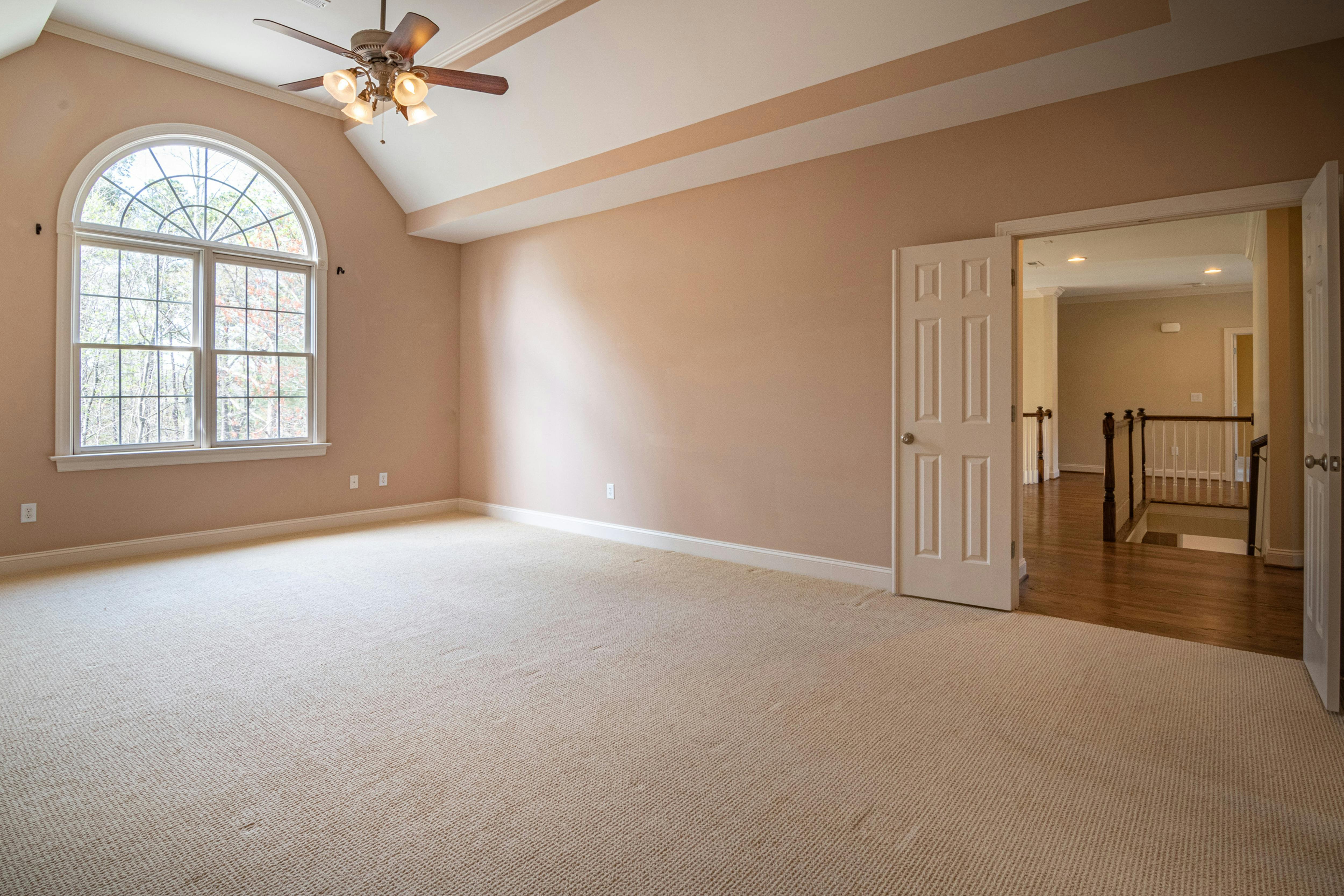Wouldn’t you rather go to Tahiti? Are you an owner with a rental property that has appreciated significantly in value? Are you ready to cash in those winnings and take that trip to Tahiti?
Before selling your property, check with your accountant that
will tell you that it will pay $60,000 in principal
Uncle Sam Income Tax. His accountant will also tell you
that adding another $20,000 to your income from that sale is
called recovered depreciation. This will bump into you
next tax category and will be sentenced on April 15 to send
the IRS a check for perhaps another $7,000.
Are you still ready to sell that property?
It looks like that trip to Tahiti is going to be sometime in
the far future…
But wait! You decide to consult with your real estate agent and then
Learn about a 1031 exchange to defer your capital gains.
Your real estate agent tells you if you buy another similar rental
property of equal or greater value, you will not be hit with
the income tax on the sale. That’s all very well, but
doesn’t really get you out of the associated headaches
collect rent, keep your unit occupied, find
clean/classy tenants who won’t trash the place, nor will they
prevent me from getting that call at 2 am to fix an overflow
bathroom. To make matters worse, now you have to pay more in
property taxes and must charge a higher rent.
Hmm… maybe this idea is not the ticket to that South Pacific
paradise neither.
This is the dilemma I heard again from my financial clients
and again. They were frustrated and felt trapped in their
Current situation. So what is a frustrated income property?
owner what to do? After much research and hurdles, I found
the perfect solution that has changed the lives of my
Clients and took away the stress to enjoy life.
For anyone who is tired of owning and who owns a
rental/commercial property that has gone up a lot in value,
take heart.
A 1031 change to a Tenant in Common Property may be your
answer.
There are very specific rules to follow set out by the IRS, and
all the detailed process is the subject of a future
article, but here’s the gist:
1-Sell your current income
property;
2-Before the closing of the guarantee deposit, declare through a Qualified
Intermediary (also called Usher, which is a
qualified third party) who intends to make a 1031 exchange
in a Tenant in Common Property;
3-Work with an accredited
company to identify a property you would like
buy a share in;
4-At the closing of the guarantee deposit, your
proceeds are transferred by the Usher to purchase
your pro rata share of a larger “A” rated commercial
building;
5-You can choose a business center, a medical center
office building or similar luxury property; and finally,
6-You get dead interest in this property, so you can
keep it, resell it, pass it on to your heirs, or even give it away
to charity to your death.
The way this works is all new fractional owners, or
“Common tenants” hire a great management company to handle it
all property management duties. The company finds and
maintains high-quality tenants, maintains, and
upgrade, pay property taxes and drive all day
to day of crisis that arise. Probably the three most important.
The factors in this whole process are:
1-Your choice of company
who offers the properties for sale;
2-the Usher,
and;
3-the management company.
Make sure each of the three parts is top-notch with
trace logs Anything less could spell disaster.
When this 1031 option is successful, your benefits
be:
Deferral of all capital gains,
A monthly contractual income (usually based on a 6-7% return
on equity),
Depreciation of buildings for tax savings,
Unlimited property appreciation potential, and
No more property management headaches.
Goodbye tenants, garbage and bathrooms!
Hello Tahiti!
